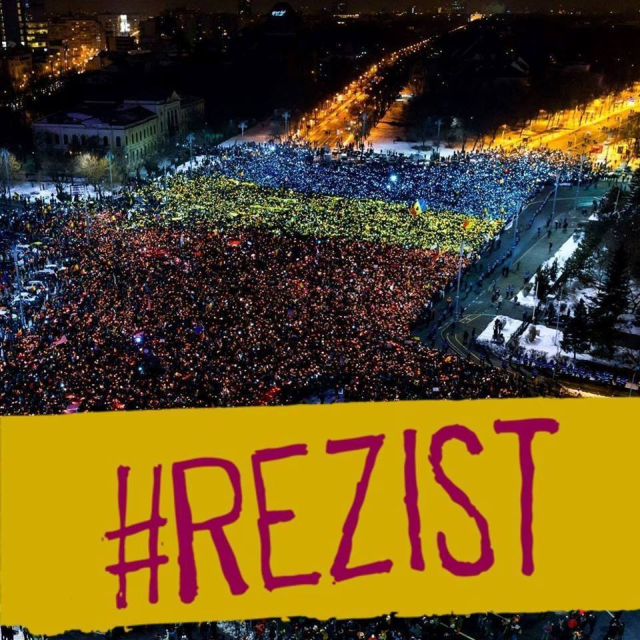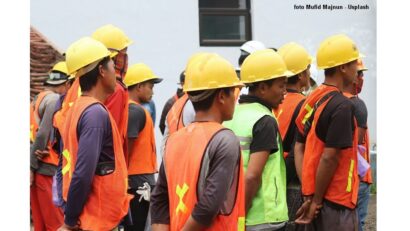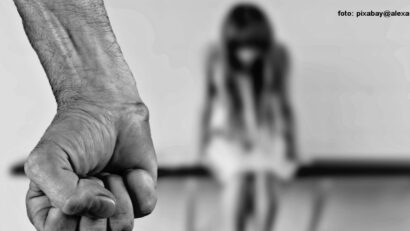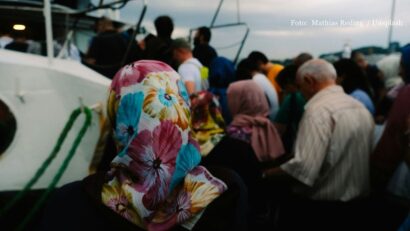Best Civic Initiatives in 2017
The Resource Center for Public Participation awards the most persevering and creative social activists

România Internațional, 02.05.2018, 12:31
Already famous not only in the country,
but also abroad, the many protests staged as of last year in Romania under the
logo #REZIST are the expression of a form of civism that has become stronger in
the past years. But, except from this type of civism, coagulated around big
corruption cases, another type of activism has also started to gain ground, the
one entailing little steps, perseverance and dialogue with decision makers.
Some of the activists engaged in this type of actions are supported by the
Resource Center for Public Participation, an NGO which, for nine years now, has
awarded the most persevering and creative of them, at the yearly Public
Participation Awards Gala. This year, the centre has awarded projects developed
in 2017, by celebrating both categories of activism: the one manifested by
means of large-scale street protests and the one carried out by small
initiative groups concerned with social issues such as housing conditions,
education and equity in school and environmental protection.
Oana Preda, the
Executive Director of the Resource Centre for Public Participation has told us
more about this year’s theme:
This
year’s gala was centered on the concept of solidarity, because we think
solidarity would be one way of these types of activists getting to know each
other and fighting together. In the past years, we have seen civic spirit and
engagement developing, and a growing number of people becoming willing to fight
for a cause. Unfortunately, the change in people’s attitude has not brought
about a significant change with regard to the authorities. Pessimism is still
there, but people are determined to
resist.
SAMAS association
(Health for Mothers and Infants) is one of those groups that have managed to
defend their stand and have their voices heard by the public authorities. They
have convinced the National Audiovisual Council to include among TV commercials
one promoting breastfeeding up to 6 months. The message was an extremely important
victory, given that, according to UNICEF, only 12% of the infants are breastfed
within the first hour since birth, and the rate of exclusive breastfeeding in
the first six months of a child’s life stands at 16%.
Here is one of the
members of the association, Eli Roma, talking at the public participation gala:
TV broadcasters are still reluctant to broadcasting this message as often as other
messages of public interest. Our intention was to encourage mothers, because
it’s not easy to breastfeed, but it’s not impossible either. We do not blame
anybody. If a mother chooses not to breastfeed, then it’s her choice, but,
mothers and fathers, it’s a great thing to offer your child the best.
Another major
topic of concern for Romanians is water. Ovidiu Mihut, one of the Romanians
passionate about fishing, has joined others like him and ran a campaign titled
‘The desertification of Fagaras Mountains and the illegal appropriation of
state owned land’. Ovidiu Mihut has drawn public opinion’s attention to the
negative impact on the environment of micro-power plants in the protected
mountain areas. Moreover, as regards the EU legislation, he has sent a
notification to the European Commission, which has started an infringement
procedure against Romania for failure to observe its obligations regarding the
conservation of natural habitats when authorizing the building of micro hydro
power plants.
Here is Ovidiu Mihut himself:
We are
not an organization, we are just citizens and we are among the first to say it
out loud that building such micro hydro power plants in natural protected areas
is just a means for some individuals to get rich with public money. The
economic efficiency of these micro-power-plants can be compared to the
efficiency of a watch battery used to power a train engine. We have managed to
prove that, in fact, these power-plants are nothing but curtains hiding big
acts of corruption.
Oana Vasiliu is
another Romanian who has proven that perseverance is extremely important when
it comes to defending your stand on a certain issue. Proof of that has been the
campaign known as ‘the revolution of the people in the Canta welfare home’,
whose aim was to show the inhumane living conditions there.
Oana Vasiliu lived
there herself:
I’ve managed
to get out of that place. I lived in the Canta welfare house for 7 years with
my three children. It’s terrible to live there. There are many ill people,
people with disabilities, children suffering from epilepsy and autism, and they
all live there, in rooms which are no bigger than 9 square meters. Local
authorities refuse to provide those people with decent housing facilities. For
seven years I sent one notification after another and I managed eventually to
get out of there. But those who are still there are constantly said no to,
probably because they do not know how to defend their rights. With the help of
journalists I have helped them, in the sense that they now know their rights.
People commit suicide there and it’s inhumane that local authorities know about this and they do nothing to fix the situation.
In Iasi, civic
campaigning managed to raise people’s awareness as to the problems in Canta,
but in Constanta, in south-eastern Romania, an activism campaign managed to
convince the local authorities to set up the first counseling and emergency
reception centre for victims of domestic violence. That happened thanks to the
activities carried out by the ‘Necuvinte’ (non-words) Association, which,
through a campaign titled ‘the Caravan of Changes’, managed to raise people’s
awareness and inform citizens about the scale of domestic violence. Simona
Voicescu, who took part in the campaign, told us more about the activities
carried out by the association:
A
shelter was set up, and also a free helpline, but all that required a lot of
work. We were faced with an aggressive attitude in Constanta, and even later,
after opening, when we asked information about the centre we were told to
submit a notification in writing, to be replied to within 30 days.
Despite
difficulties, thanks to the pressure put by civic organizations, the public
opinion and the local media, the decision was made for the centre to be opened,
after only 25 days. That is why the Resource
Center for Public Participation decided to award this campaign, along with the
others, at this year’s Public Participation Awards Gala.






























